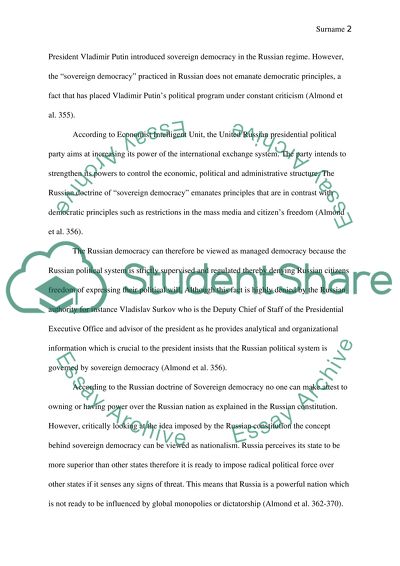Cite this document
(“Comparative Politics Research Paper Example | Topics and Well Written Essays - 1250 words”, n.d.)
Comparative Politics Research Paper Example | Topics and Well Written Essays - 1250 words. Retrieved from https://studentshare.org/politics/1529440-comparative-politics-college-essay
Comparative Politics Research Paper Example | Topics and Well Written Essays - 1250 words. Retrieved from https://studentshare.org/politics/1529440-comparative-politics-college-essay
(Comparative Politics Research Paper Example | Topics and Well Written Essays - 1250 Words)
Comparative Politics Research Paper Example | Topics and Well Written Essays - 1250 Words. https://studentshare.org/politics/1529440-comparative-politics-college-essay.
Comparative Politics Research Paper Example | Topics and Well Written Essays - 1250 Words. https://studentshare.org/politics/1529440-comparative-politics-college-essay.
“Comparative Politics Research Paper Example | Topics and Well Written Essays - 1250 Words”, n.d. https://studentshare.org/politics/1529440-comparative-politics-college-essay.


